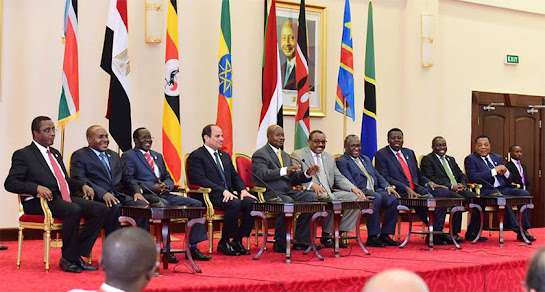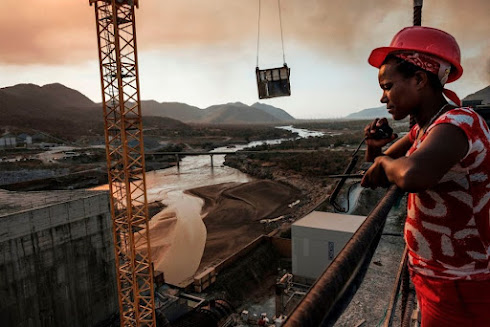Conclusion

The sun sets on the Nile... and this blog series ( Source ) I admit this has been a GERD dominated series, but I hope its been clear why... This is the foremost hyropolitical issue on the African continent that is shaping a new geopolitical landscape. I hope this series has been an informative journey from why dams are built and their ecological and political consequences, particularly how the GERD is illustrative of how conflict can arise when societies fail to adapt to hydrological changes. The Nile basin is a story of states balancing basic human needs, ecological integrity, transboundary commitments and economic development. At the end of the day decision making in the developing world will favour economic growth, thoughts to political and environment consequences usually come later. Dam building is but one aspect of where a macro political vision exposes the disproportionate voices of water users, triaging the needs of populations and other riparian states. I also ackn...





